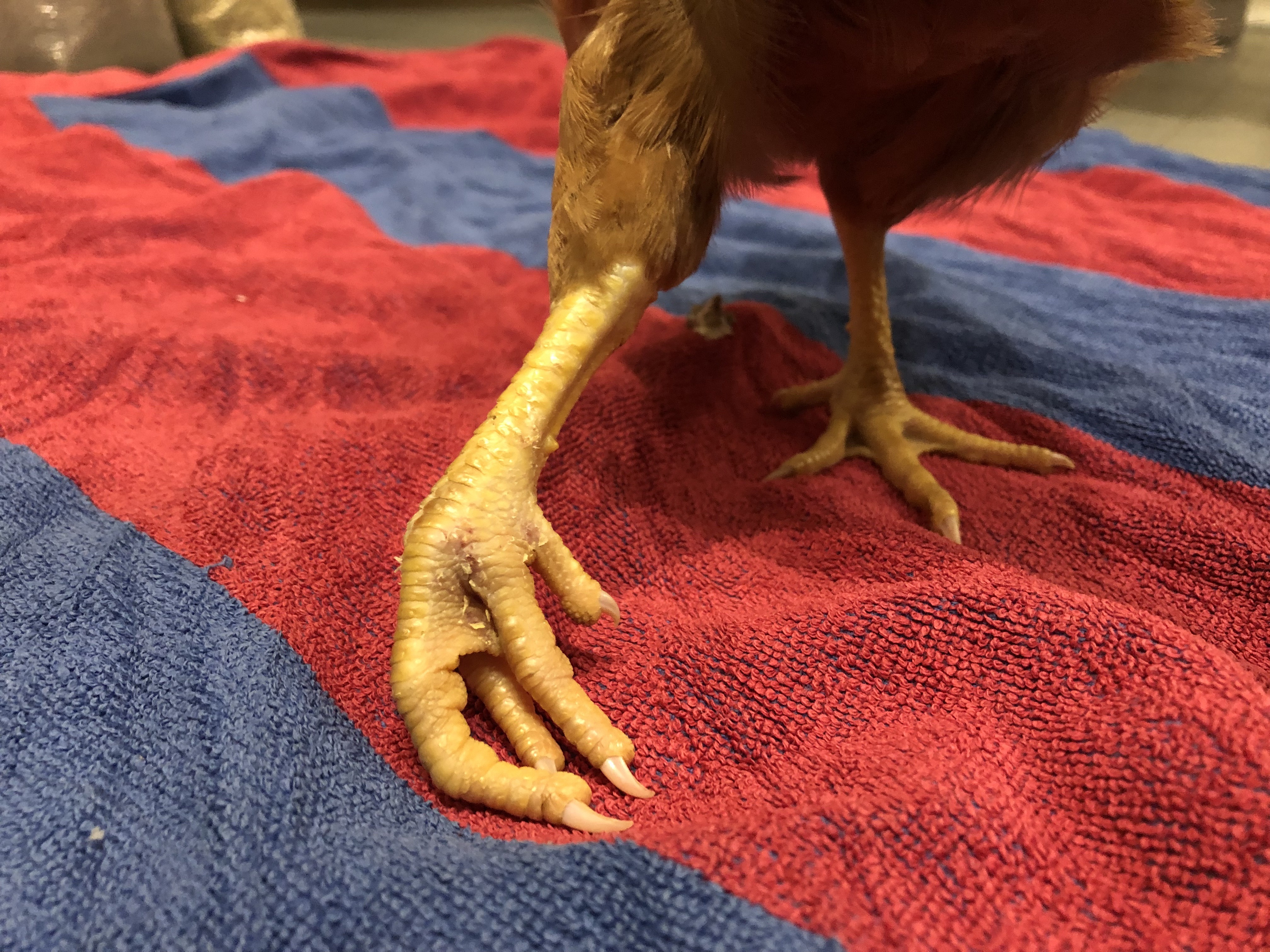
Visitors to Key West can’t help but notice the chickens that wander around town, pecking at discarded French fries and potato chips and nesting in alleys and vacant lots. They make for charming tourist photo ops, but some of the locals are understandably annoyed by the frequent crowing at all hours, chicken droppings on sidewalks and door stoops, and even the threatening behavior of some of the more aggressive roosters.
These feral chickens are well fed–even without scraps of food from humans, they can feast on Florida’s abundant foliage and insect population. But some residents purchase bags of food for the critters, and feeding the chickens is a favorite tourist activity. The result: an exploding feral chicken population.
The wild chickens are considered an invasive species. As the chicken population spreads up the Keys, there is concern that they could crowd out some of the last remaining native species of the islands. As Tom Sweets, Executive Director of the Florida Wildlife Center points out, chickens don’t have many natural predators in Key West.
“We get hawks migrating through but they don’t really get the numbers down,” he said in an article for WFSU News.
On the other hand, organic farmers in the Keys welcome the chickens, because they are excellent foragers for bugs that could damage their crops, and their droppings make excellent fertilizer.
Enough people complained to local government about the birds that the Key West City Commission recently passed an ordinance prohibiting the feeding of feral chickens within city limits.
We at Home to Roost approve of this approach to controlling the chicken population, especially because feeding chickens fast food and random table scraps is bad for their health. Chickens are very good at foraging for their own food, especially in a lush environment like Key West.
Another solution that locals favor is to trap the chickens (without harming them) and bring them to the Key West Wildlife Center. Then the chickens are transported to farms and stables on the Florida mainland.
The chicken has become an unofficial symbol of the island, frequently seen on t-shirts, caps, and artwork for sale in Key West boutiques. When I visited the island a few years ago, I fondly remember the Funky Chicken Store. Visiting a vacation area where the chickens run free has its charms, as long as the local chicken population is managed responsibly.









